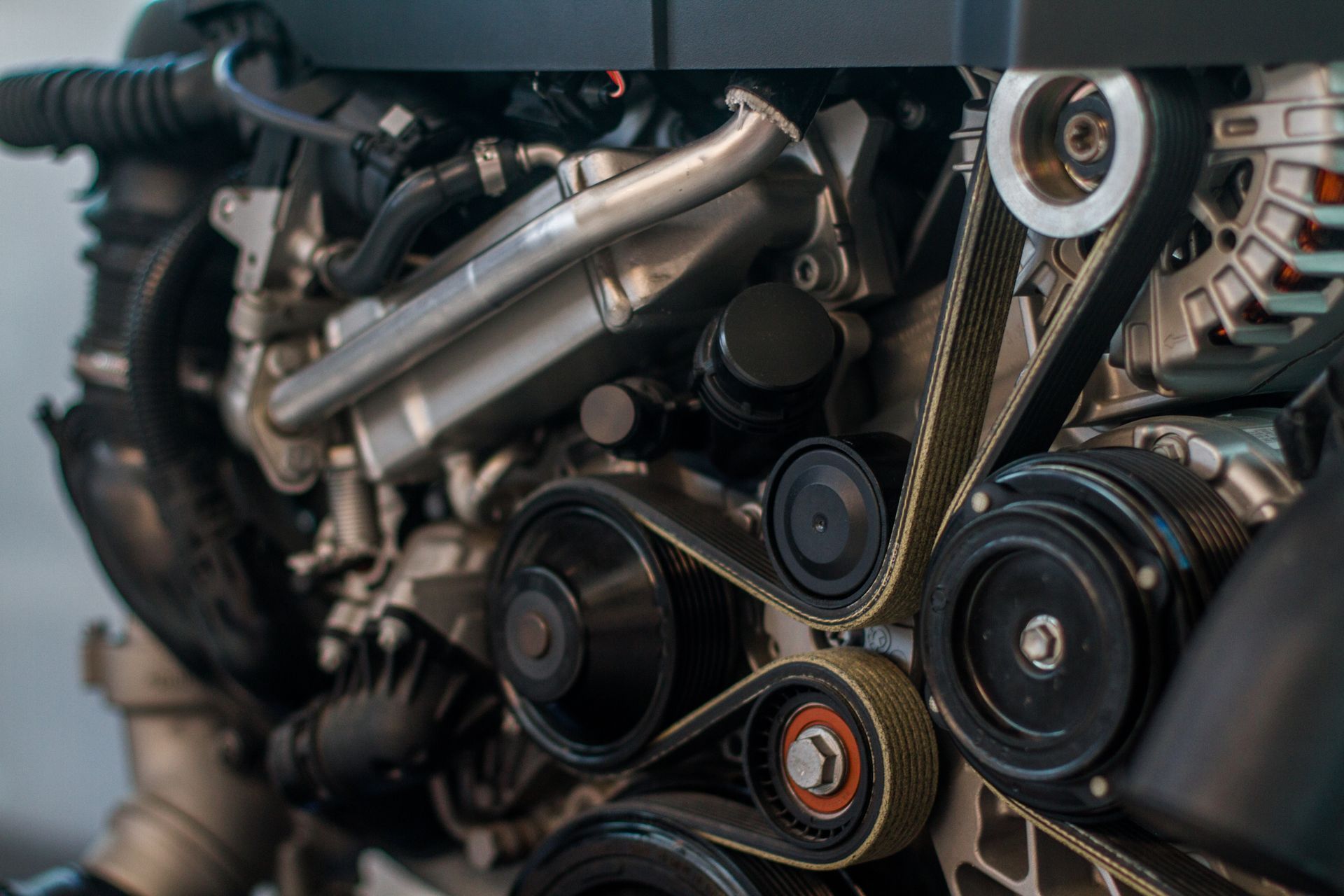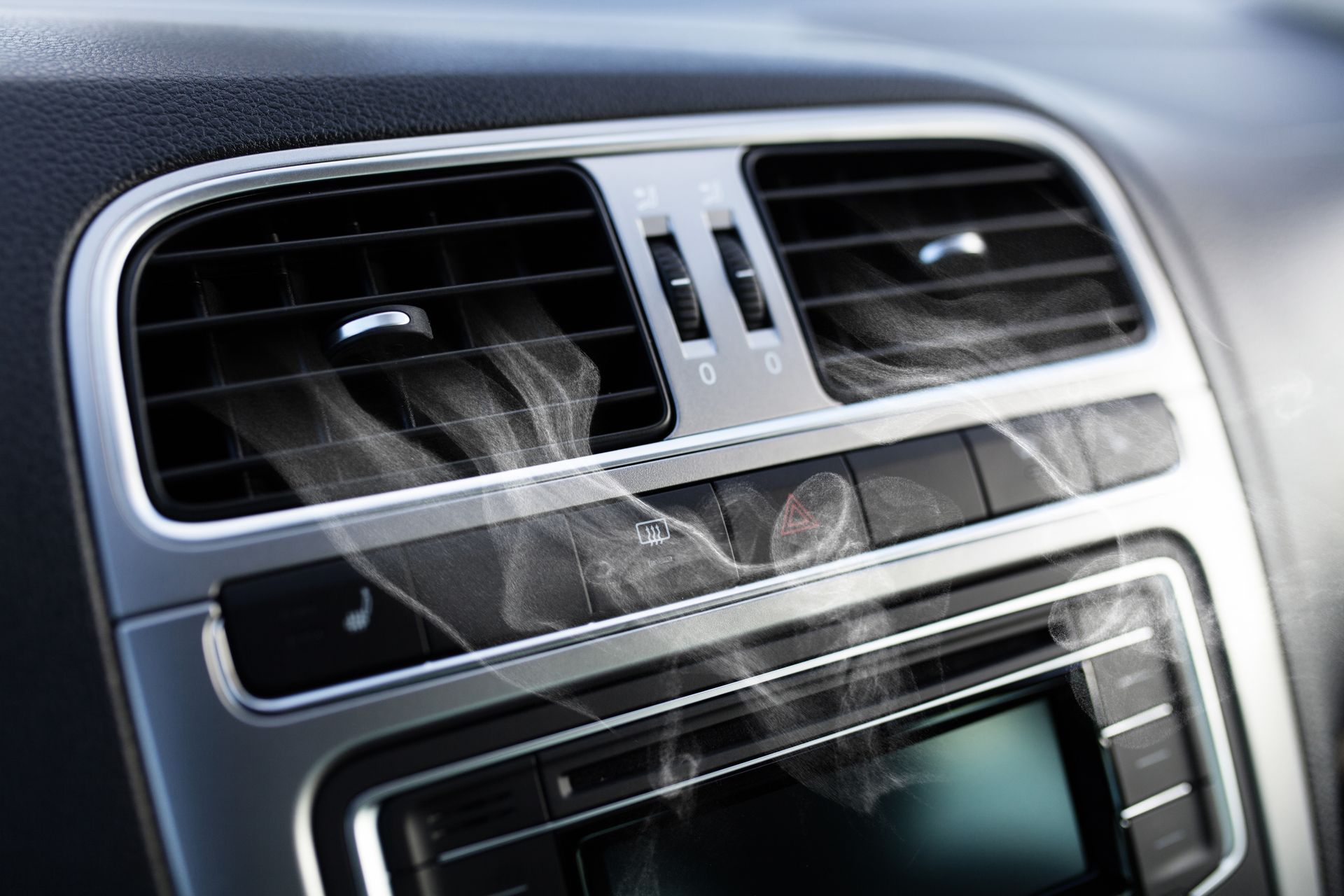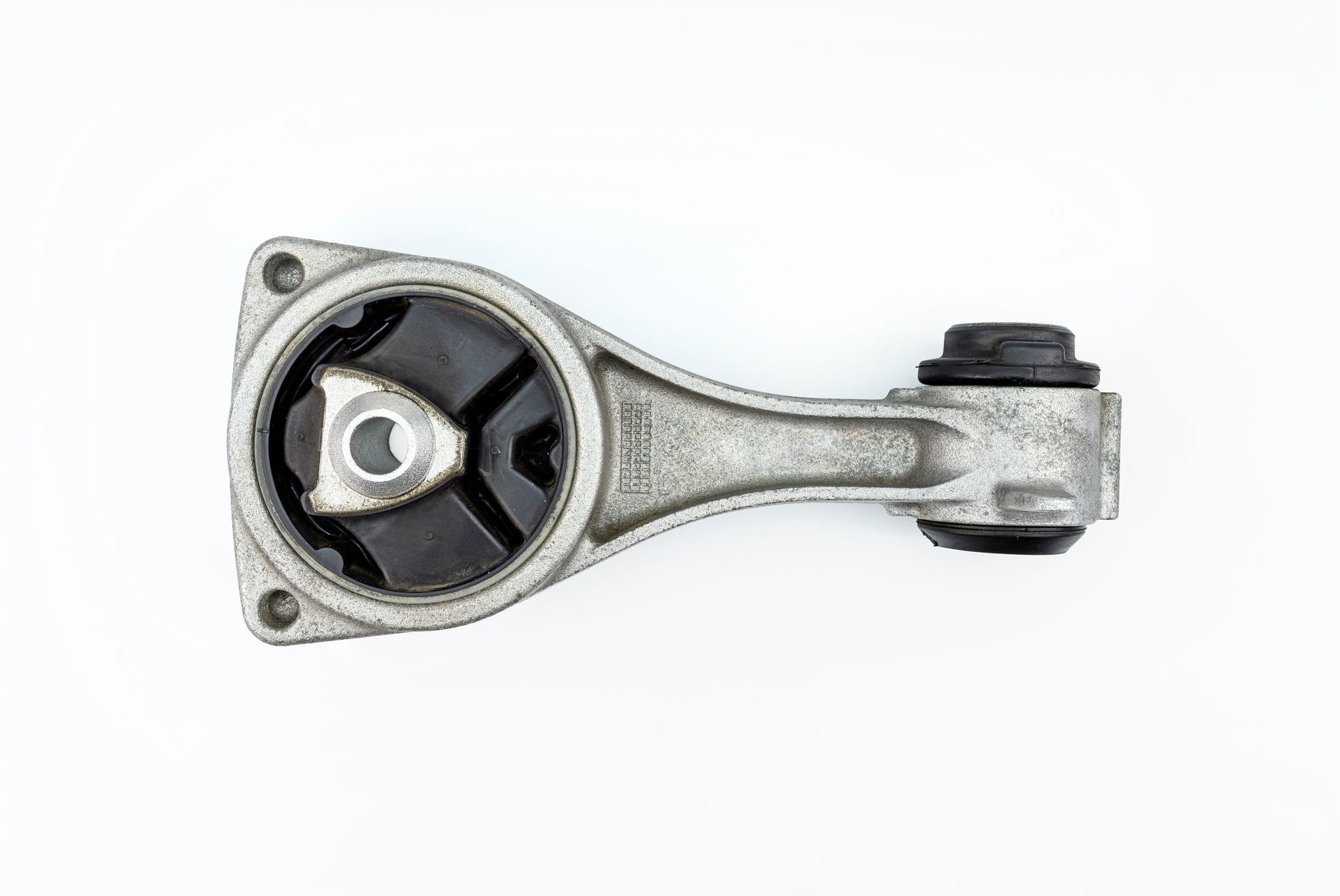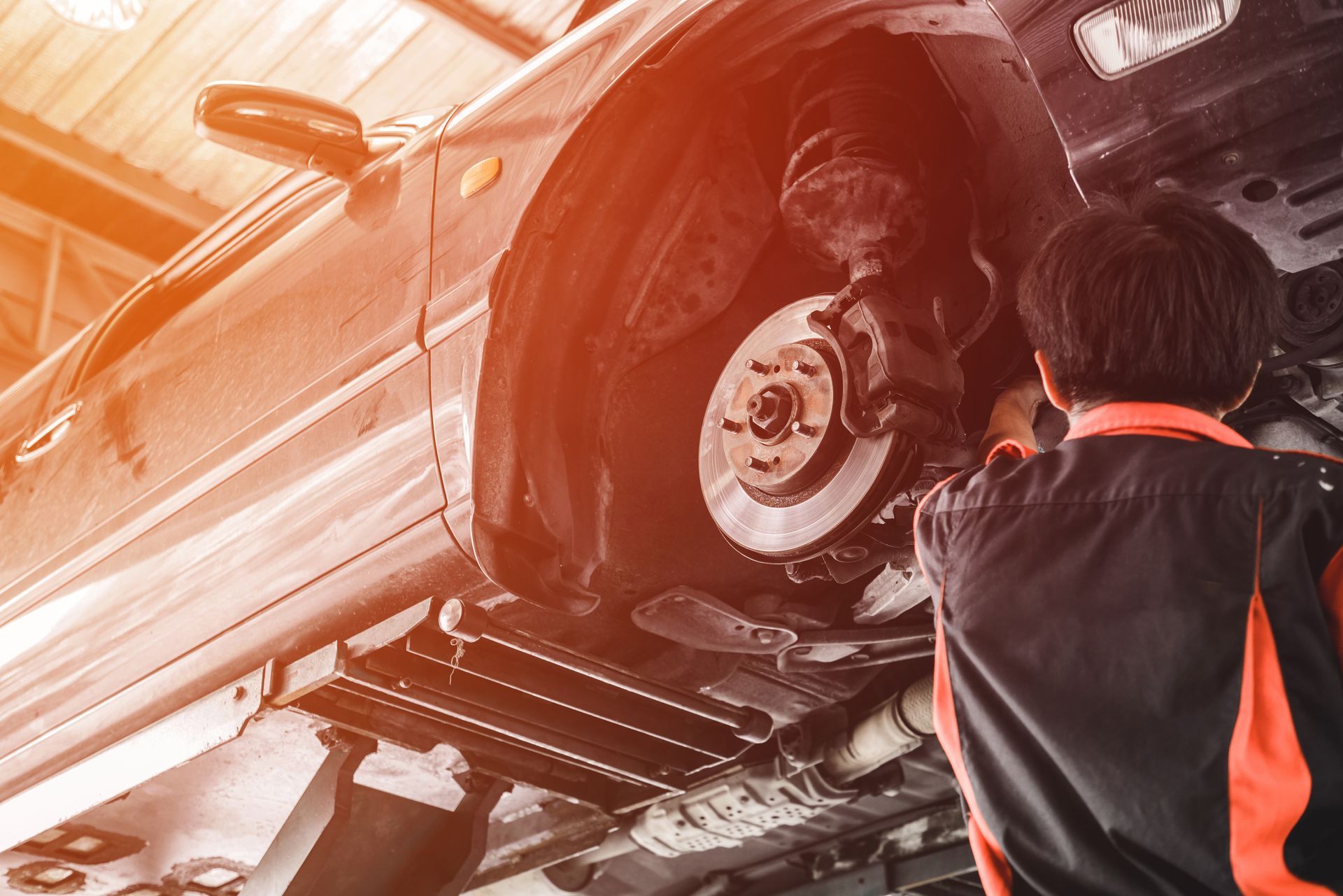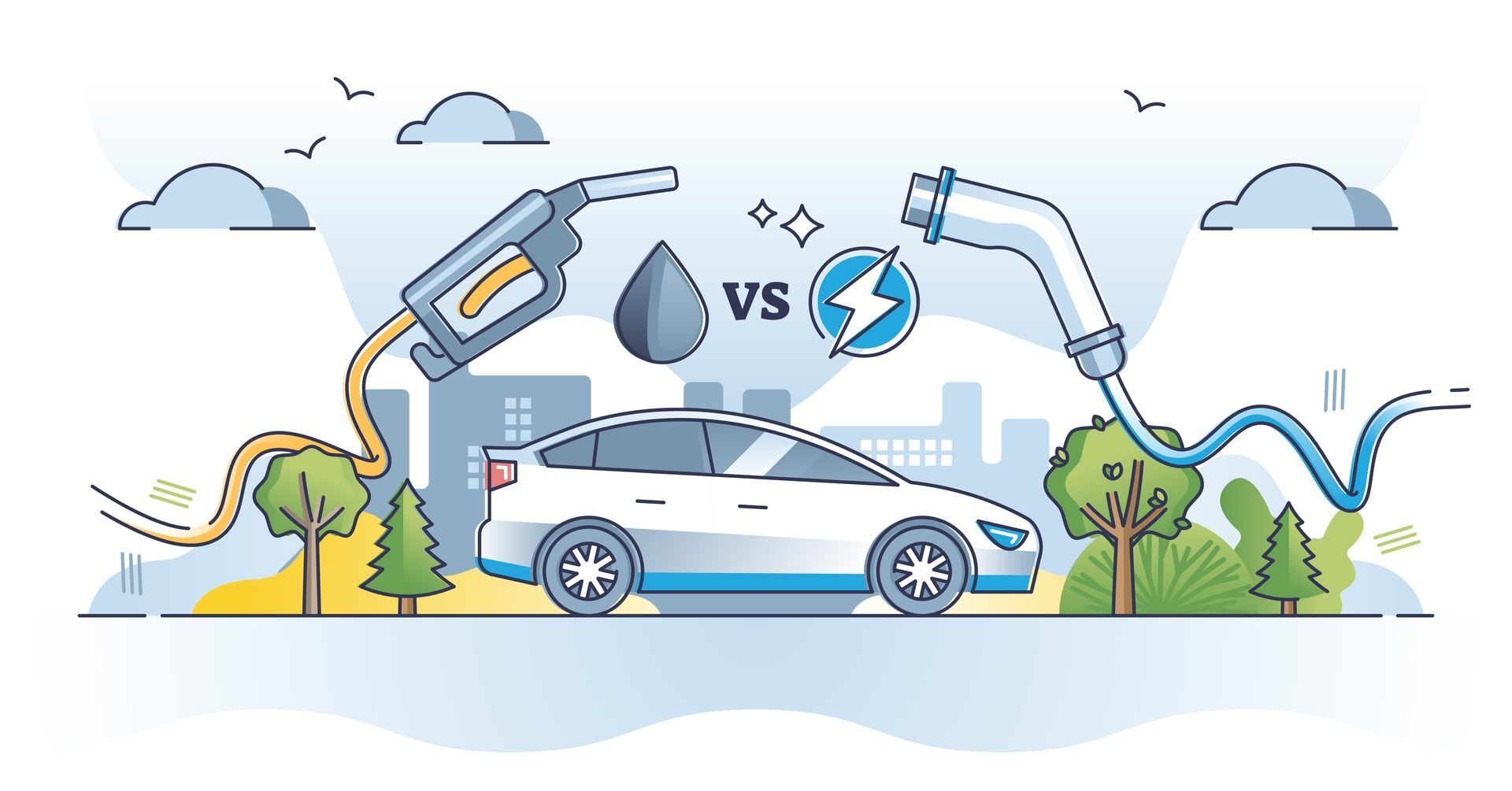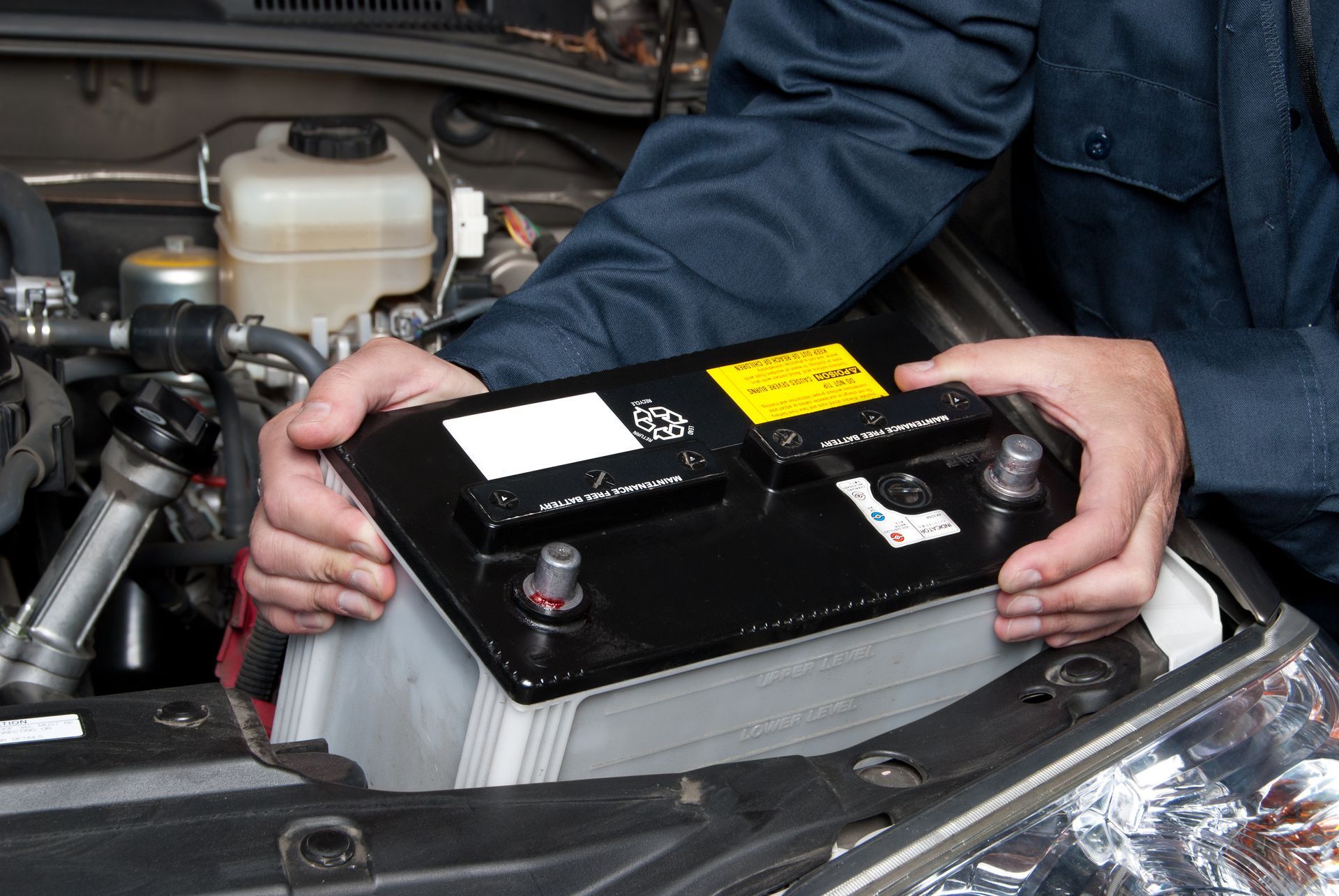The car alternator plays a crucial role in your vehicle's electrical system, providing power to essential components and ensuring proper operation. While often overshadowed by the engine and other prominent features, the alternator is a vital component that deserves recognition. Continue reading to find out how it exactly works and a few signs that it is malfunctioning so you know when to change it!
Primary Function - Generating Electrical Power
The primary function of the car alternator is to generate electrical power. It converts mechanical energy from the engine's rotation into electrical energy, which is then used to power various electrical components, such as the battery, lights, ignition system, and other accessories. Without the alternator, these components would rely solely on the battery's limited charge.
As you drive, the battery's power is gradually consumed, and the alternator steps in to replenish it. This continuous charging process ensures that the battery remains fully operational and ready to start the engine whenever needed.
Supplying Power During Operation
While the engine is running, the alternator supplies power to electrical components and systems, eliminating the need to rely solely on the battery. This constant supply of electricity ensures that all systems function optimally, including the lights, air conditioning, infotainment system, and other essential features.
Signs of a Failing Alternator
Recognizing the signs of a failing alternator is crucial to prevent unexpected breakdowns and potential damage to other electrical components. Here are some common indicators to watch out for:
- Dimming or Flickering Lights: If you notice that your headlights, dashboard lights, or interior lights are dimming or flickering, it could be a sign of an alternator problem. The alternator may not be supplying enough power to keep the lights at their full brightness.
- Battery Warning Light: When the battery warning light on your dashboard illuminates, it indicates a potential issue with the charging system, including the alternator. It is essential to address this warning promptly to avoid a complete loss of electrical power.
- Difficulty Starting the Engine: A failing alternator may not recharge the battery adequately, resulting in a drained battery. As a result, you may experience difficulty starting the engine, especially after the vehicle has been idle for some time.
- Electrical System Malfunctions: Malfunctions in various electrical systems, such as power windows, power locks, or the infotainment system, can indicate an alternator problem. These issues may arise due to insufficient power supply from the failing alternator.
For any of your auto-repair needs, stop at
Wrench Junkies! We will make short-work of any car issue you might be experiencing so you can get back on the road!

